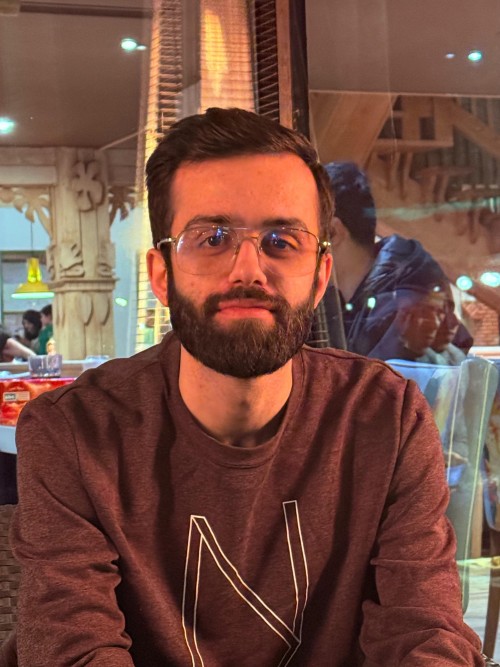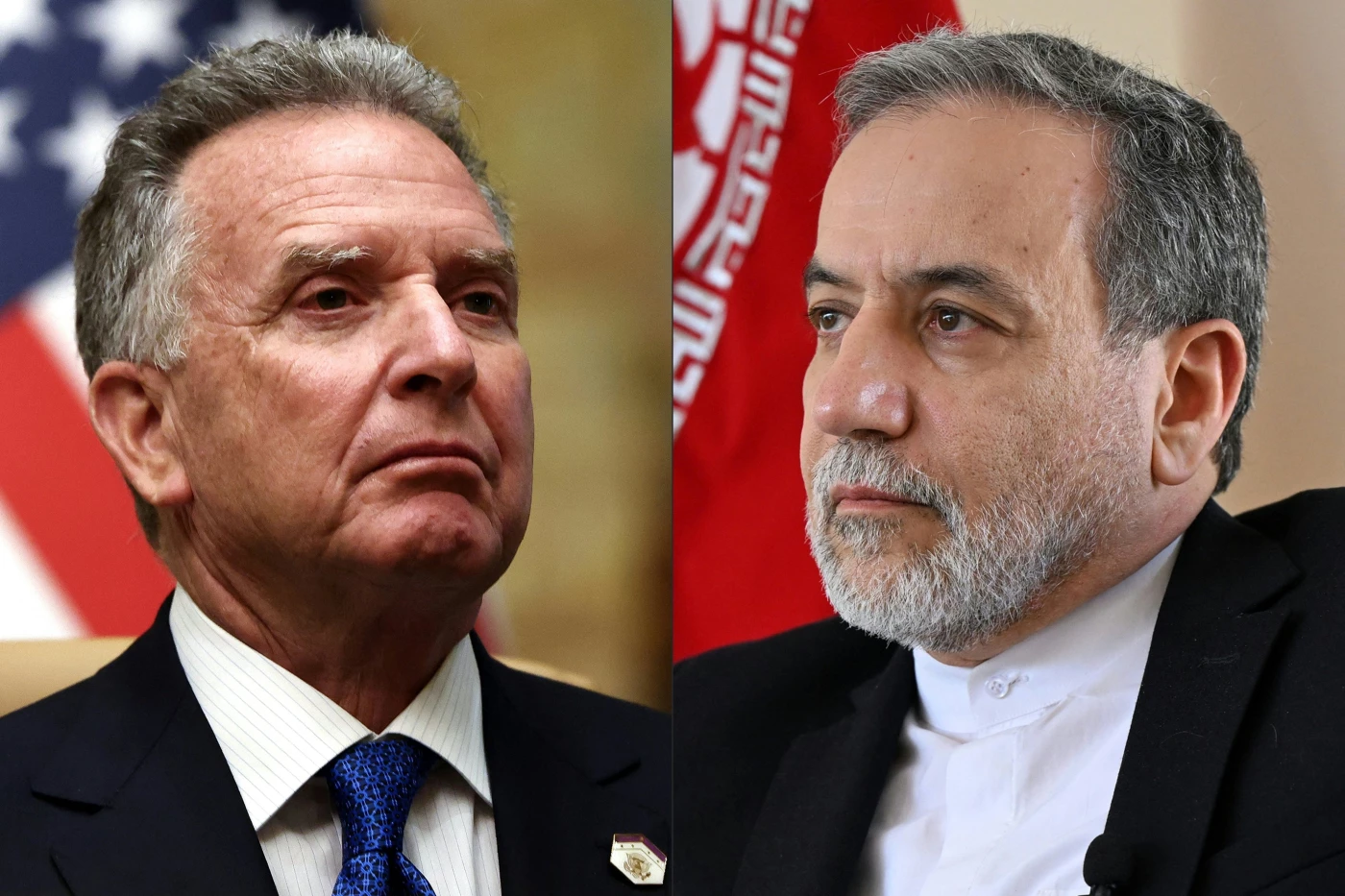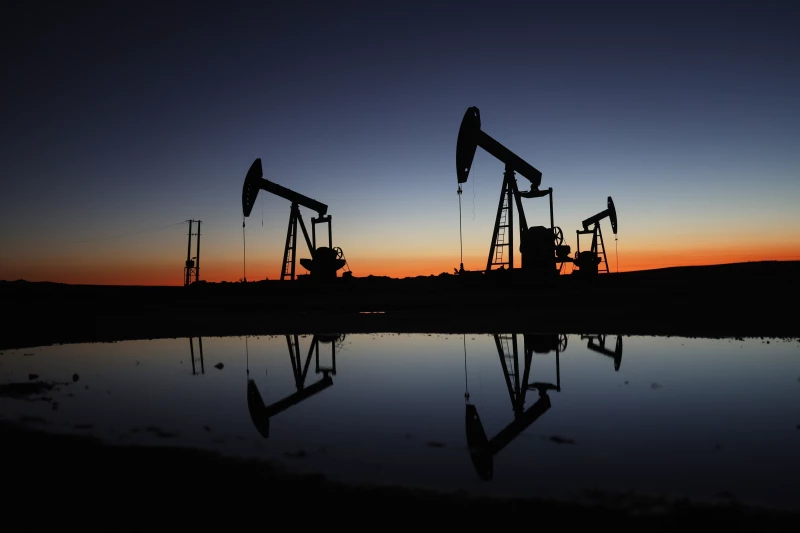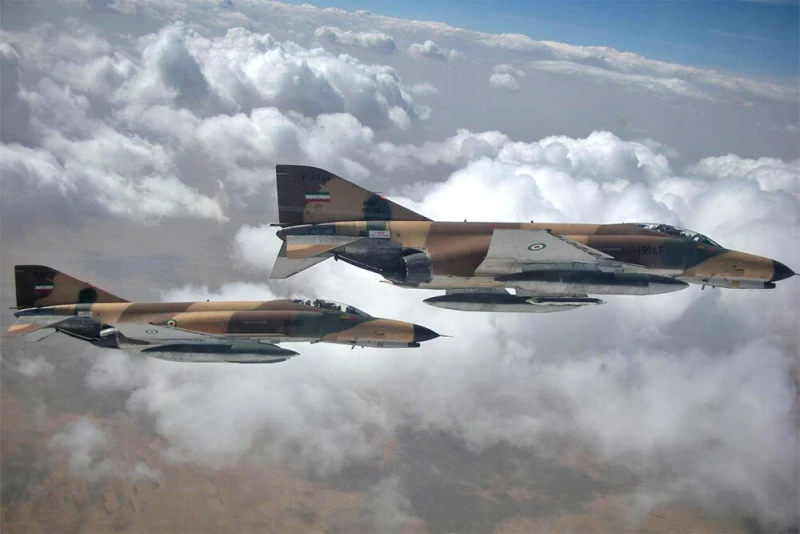ERBIL, Kurdistan Region of Iraq – Iranian Foreign Minister Abbas Araghchi left for Rome on Friday morning, where he is set to meet with a US delegation led by US Special Envoy to the Middle East Steve Witkoff for another round of talks relating to Iran’s nuclear program.
Friday’s encounter marks the fifth time the two delegations have met to the same end. While post-meeting talks have generally been positive, Iran and the US have both remained adamant about certain fundamental demands when publicly addressing the talks, namely whether or not Tehran would be permitted to continue any degree of nuclear enrichment under the terms of a prospective deal.
Araghchi is joined by Deputy Foreign Minister for Political Affairs Majid Takht-Ravanchi and Foreign Ministry spokesperson Esmail Baghaei during his stay in Rome for the nuclear discussion, according to the state-affiliated Mehr agency.
Doubt was cast on whether this round of talks will materialize on Wednesday after Araghchi made remarks regarding his country’s hesitation in participating in the talks, saying that they are “considering whether or not to participate in the next round of negotiations" with their Western foes. Araghchi reiterated his country’s position that they will continue to enrich uranium “with or without an agreement.”
“Figuring out the path to a deal is not rocket science: Zero nuclear weapons = we DO have a deal. Zero enrichment = we do NOT have a deal. Time to decide,” Araghchi wrote in an X post ahead of his departure for Rome, where he announced that he will be leaving for the Italian capital.
Witkoff said earlier in May in an interview with Breibart that “an enrichment program can never exist in the state of Iran ever again. That’s our red line. No enrichment. That means dismantlement.”
The United States, according to a post by Baghaei on X, imposed new sanctions on Iran’s construction sector “on the eve of the fifth round of negotiations.” Baghaei described the action as a “crime against humanity,” leading the delegate to question “the resolve and seriousness of the United States" in pursuing diplomacy.
The US and Western powers have sought robust assurances that Iran is not pursuing nuclear weapons, while Tehran maintains that its nuclear program is solely for peaceful purposes and that it has no plans to develop nuclear weapons.
Washington has been increasingly imposing more and more sanctions on Tehran, especially under US President Donald Trump’s administration, in order to bend Iran’s arm and pressure the country to part ways with their “hard-earned” nuclear program.
Araghchi said in a televised interview on Thursday, a night before the fifth round is set to begin, that Tehran has “no problem in principle with more monitoring and more transparency in our nuclear program,” adding, however, that “there are still fundamental differences between us and the US.”
The Iranian foreign minister clarified that had Iran intended to build nuclear weapons, it would have already been achieved by now, as his country has “the ability to build nuclear weapons.” Araghchi added, however, that “we do not have the will to build them because there is a fatwa [religious directive] from the Supreme Leader” against building them.
“The US made its red line public in the media,” Araghchi said, referring to Witkoff’s remarks. “Immediately after the Witkoff talks, we made our issue public and announced that Iran's enrichment would continue.”
During his first term in 2018, Trump walked away from a landmark nuclear deal with Iran, which was introduced three years earlier in 2015 by his predecessor Barack Obama. Known as the Joint Comprehensive Plan of Action (JCPOA), the deal provided sanctions relief to Iran in exchange for the placement of curbs on Iran’s nuclear program, a deal that “we must forget about… in terms of it being revived,” Araghchi said.
After the fourth round of talks, Araghchi revealed his country’s willingness to introduce limitations on their uranium enrichment program as a gesture to “help build trust” between the two long-standing adversaries, clamping his foot down, however, that “enrichment... must continue and there is no room for compromise on it."
According to the International Atomic Energy Agency (IAEA), Iran currently holds over 8,000 kilograms of enriched uranium, of which 274.8 kilograms is at 60 percent purity—far surpassing the JCPOA's limits. This report is echoed by Araghchi, who said during the interview that their “nuclear program has advanced compared to the pre-JCPOA period.”



 Facebook
Facebook
 LinkedIn
LinkedIn
 Telegram
Telegram
 X
X


